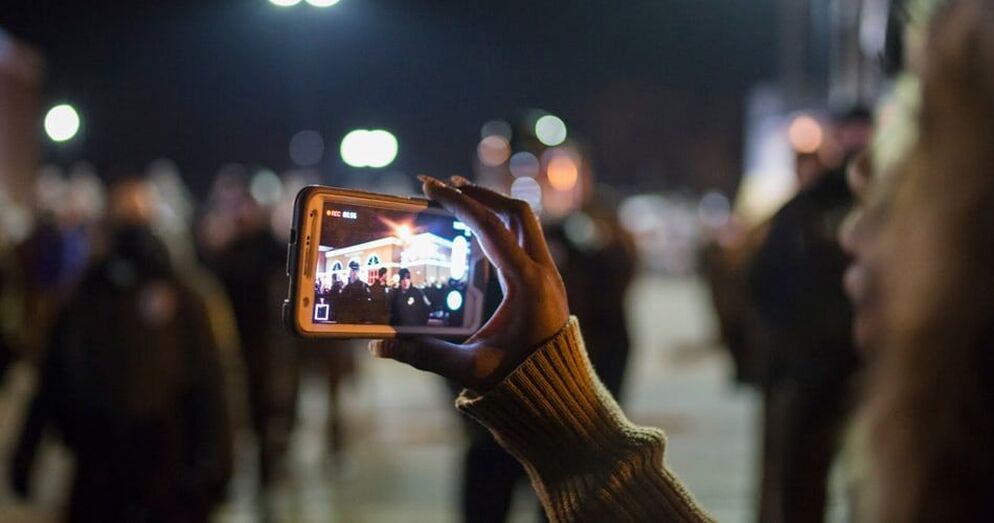|
Do you have a right to use your smartphone to record police officers in the course of their public duties? Yes – in the jurisdictions of the First, Third, Fifth, Seventh, Ninth and Eleventh Circuit Courts of Appeal. But don’t try it in Colorado, Kansas, New Mexico, Oklahoma, Wyoming or Utah, where the Tenth Circuit Court protects police officers who knowingly violate a right upheld by their own department policy and training.
Since 1995, courts have increasingly upheld the rights of Americans to film police officers, as long as they are not interfering with the officers’ official duties. Many police officers were just fine with being recorded for now-cancelled television shows such as Cops or Live PD, but when a private citizen is the one behind the camera, some still take a different view. Had the courts not intervened, the extinguishing of George Floyd’s life would likely have never been judged a crime. Enter the Tenth Circuit Court of Appeals in Denver, which shines a light on one of the greatest paradoxes in American jurisprudence – the self-negating logic in some federal courts. In 2014, Denver police knowingly prevented a man from recording an arrest before performing an illegal search of his electronic tablet. The word “knowingly” is used here because the City of Denver made sure its officers knew citizens had a right to record the public actions of police officers, and the officers involved in the illegal search had received such training the year before. As recounted in grand detail by the Cato Institute’s Jay Schweikert, because no judge on the Tenth Circuit Court had made a specific ruling that knowingly violating a citizen’s First Amendment rights in this context is illegal, the court punted. In Frasier v. Evans, the Tenth believed it was left with no choice but to rule that that there was no “clearly established” right to record videos of police, and that the officers involved were entitled to qualified immunity that shields them from any further civil action. Similar logic led Florida’s Fourth District Court of Appeal in May to uphold the arrest of a mother recording her son’s arrest. Thus, the Tenth Circuit follows the same logic that kept Yossarian flying in Joseph Heller’s Catch-22. The pretzel-twisted logic of the court assures that there can never be a successful challenge to the police because there has never been a successful challenge to the police. Got it? Even the most established of rights mean little if a federal court refuses to take action against police officers who violate those rights with impunity. Left unchecked, the threat of illegal search and seizure could cause Americans in some parts of the country to think twice before pushing the record button. This is especially true where the only legal recourse one can hope for is a federal court ruling seven years later that the police were wrong – in violation of their own policy and training – but there’s nothing to be done about it. It is time for the Supreme Court to establish that constitutional rights that exist in some parts of the country also exist in the others. Comments are closed.
|
Categories
All
|


 RSS Feed
RSS Feed